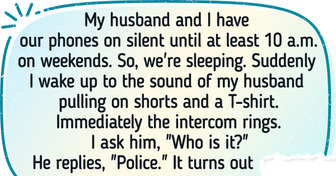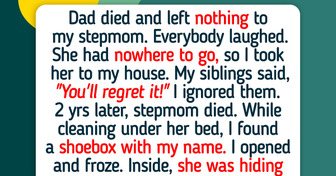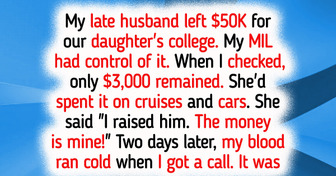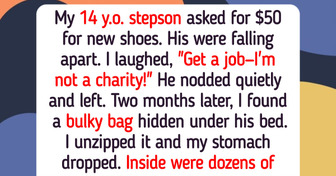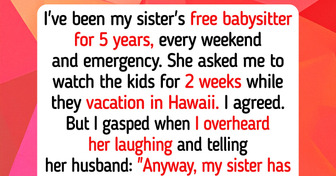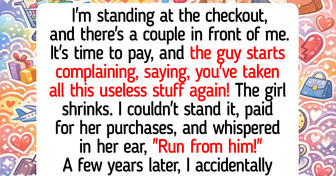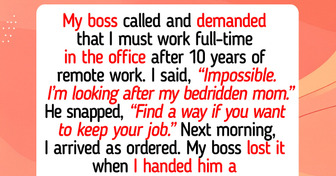10 Brave Women Open Up About Their Most Cringe-Worthy Moments

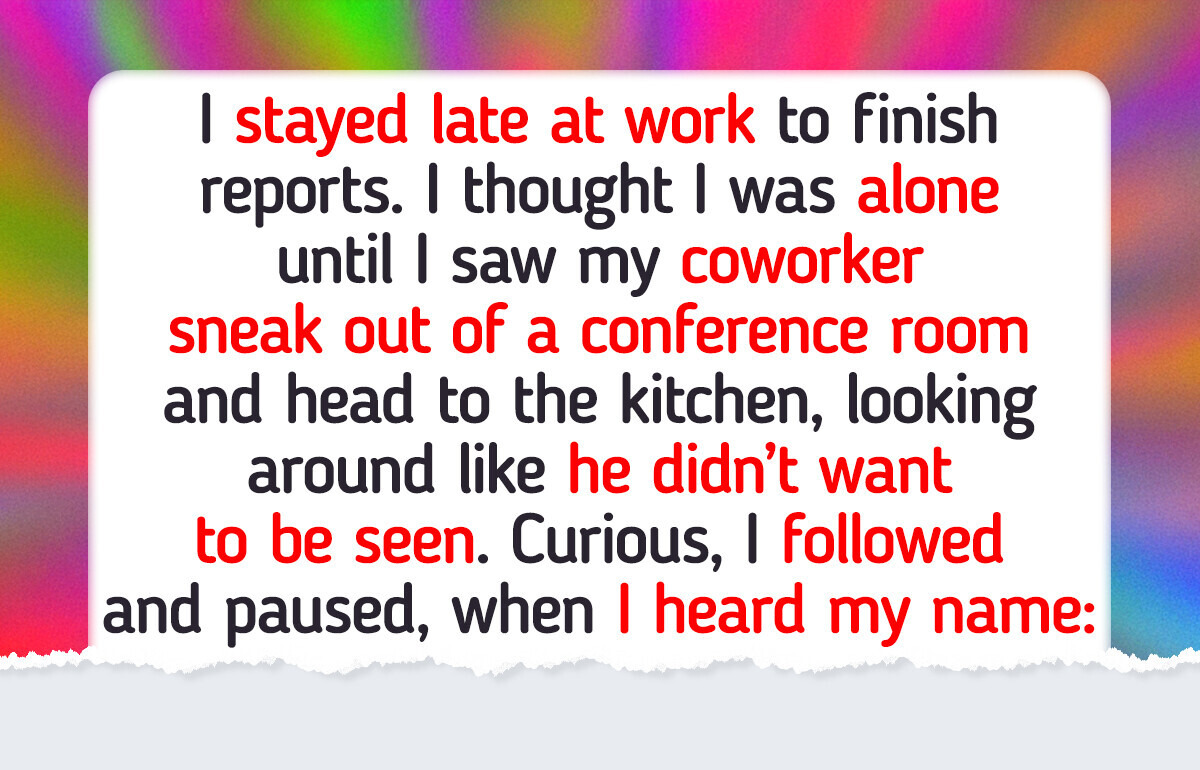
Workplaces are meant to be built on teamwork and trust, but sometimes, they become battlegrounds for competition and betrayal. Andrea, 36, knows this all too well. She poured her heart into her job, only to discover that a coworker was secretly working against her, trying to tarnish her reputation and sabotage her success.
What followed was a whirlwind of frustration, resilience, and an unexpected twist of karma that no one saw coming. In this letter to the editorial, Andrea shares her experience and turns to fellow readers for advice.
Andrea, 36, has penned an emotional letter to our editorial, sharing a recent workplace situation that shattered her trust in those around her. She always believed in treating colleagues with kindness and support, assuming they felt the same. But when she discovered that one of them was actively working to sabotage her, her entire perspective changed.
Her story serves as both a cautionary tale and a source of insight—valuable for those who have experienced toxic workplace relationships and for those just beginning their careers. Sometimes, the biggest lessons come from betrayal, and sometimes, karma steps in to set things right.
The woman wrote, “I stayed late at work to finish reports. I thought I was alone until I saw my coworker sneak out of a conference room and head to the kitchen, looking around like he didn’t want to be seen. Curious, I followed and paused when I heard my name:
‘She’s just good at charming people,’ this coworker, let’s call him Chad, was saying. ‘She knows how to work the room, smile at the right people. That’s how she got where she is.’
The guy Chad was talking to chuckled. ‘She doesn’t actually belong in that position. She got lucky, that’s it,’ he added.”
Andrea shared, “I never could have imagined that Chad would talk about me behind my back, let alone plot something against me,” Andrea shared. “I always believed we had a good professional relationship—one built on mutual respect and teamwork. Discovering that he was discussing me with others in a negative way was not only shocking but deeply hurtful.”
Andrea reveals, “I just stood there, heart pounding. My face was hot. They didn’t know I was just down the hall, close enough to hear every word.
I went home that night shaking. Mad, hurt, humiliated. Not because I doubted myself—but because they clearly did. Or couldn’t stand that I’d earned something, they thought they deserved more. And it made something else click for me.”
The woman goes on, saying, “A few days earlier, we’d gone to this work social thing. Casual talks, networking, that kind of thing. Chad was introducing our little group to some of his friends. He went around the table, saying what everyone did.
But when he got to me, he smiled and said, ‘She’s just a really nice lady.’ That was it. That’s all he gave me.
Before I could even react, Maya—another teammate—cut in. She sounded pissed, ‘She leads one of our biggest teams and just closed two major projects this quarter.’ Chad didn’t even blink. Just kept talking like she hadn’t said anything.
I laughed it off at that moment, smiled politely, but inside I was fuming. It felt deliberate. Like he couldn’t stand the idea of giving me credit, of acknowledging that maybe—just maybe—I was doing better than him. And he didn’t stop there.
Not long after, I found out he’d taken credit for work I had done—an entire client presentation that I had developed from scratch. He told one of the senior managers that he’d ‘mapped out the framework’ and that I’d ‘helped put it together.’ I only found out because someone from another team mentioned it in passing, not realizing it was my work.”
Andrea wrote, “I was livid. But I said nothing. I waited. Because karma, as they say, does not forget.
The next week, there was an issue with that same project. Something in the infrastructure broke, and leadership asked Chad to fix it—since, you know, it was his project, right?
He fumbled. Panicked. Spent hours trying to patch it together, getting more frustrated by the minute. I sat there. I watched. Not smug, not superior—just quiet. Letting it play out.
Finally, someone turned to me and asked if I could take a look. I fixed it in 26 minutes. No drama. No ‘I told you so.’ Just did the work and moved on.
But the thing is—I’m still furious. Not because of the struggle—because of the insult. Because it’s exhausting, having to prove over and over again that you’re not just some ‘nice lady.’ You’re competent. You’re experienced. You’re better than the guy who wants your job but can’t even do it.
I haven’t decided what to do next. Any advice? But I’m definitely not letting it slide anymore. I’m done playing nice lady.”
And here’s yet another story about an entitled neighbor, who suddenly wanted the OP’s deceased grandma’s inheritance, but received a double punch from karma instead.


